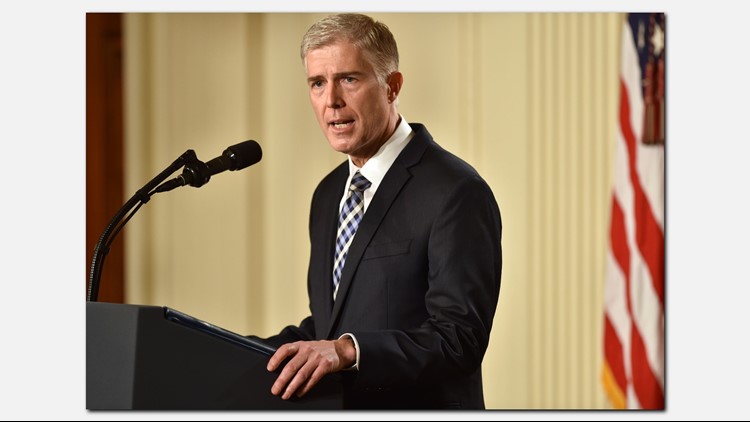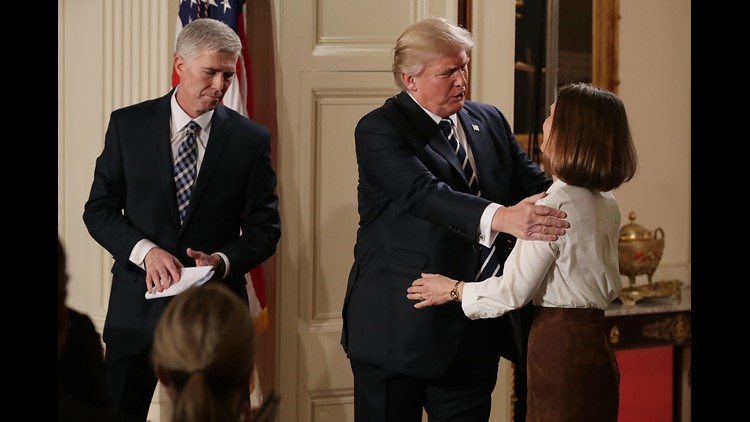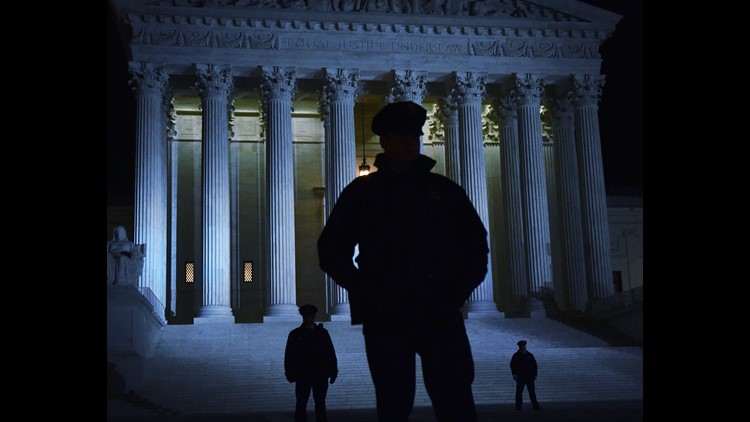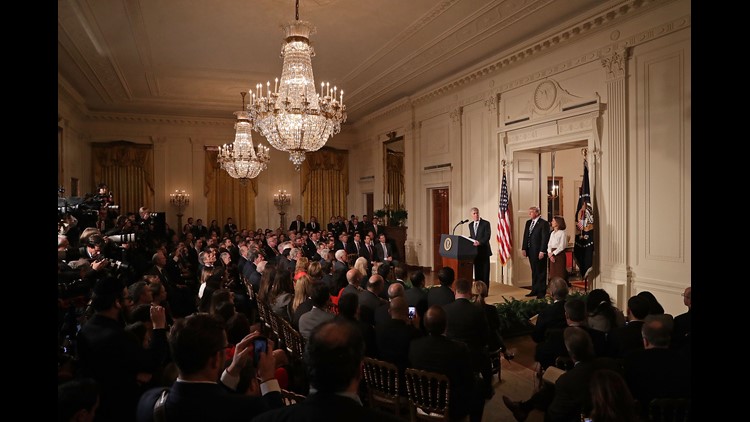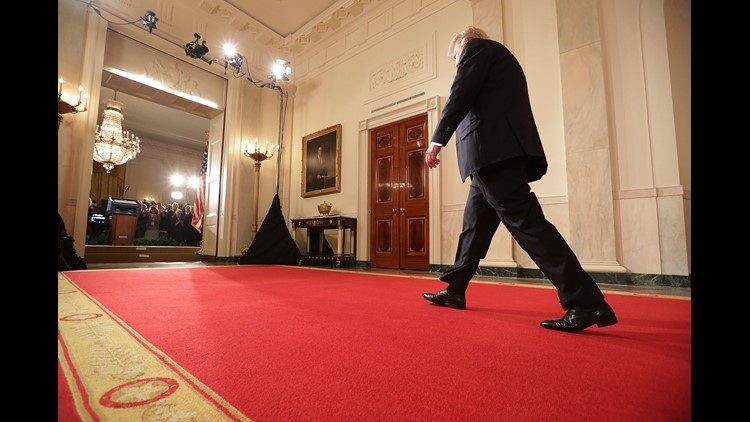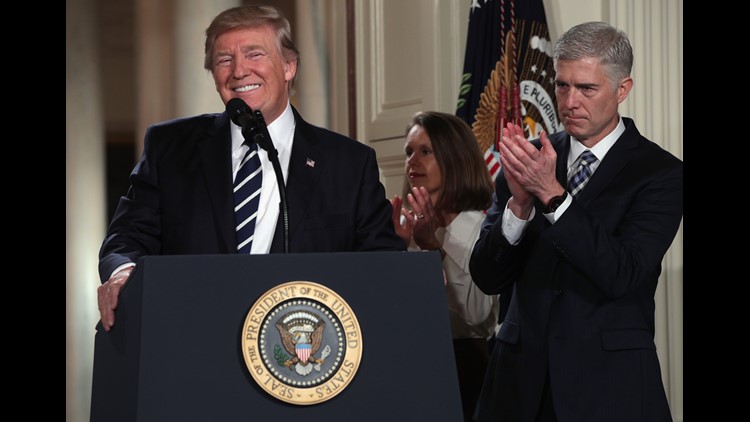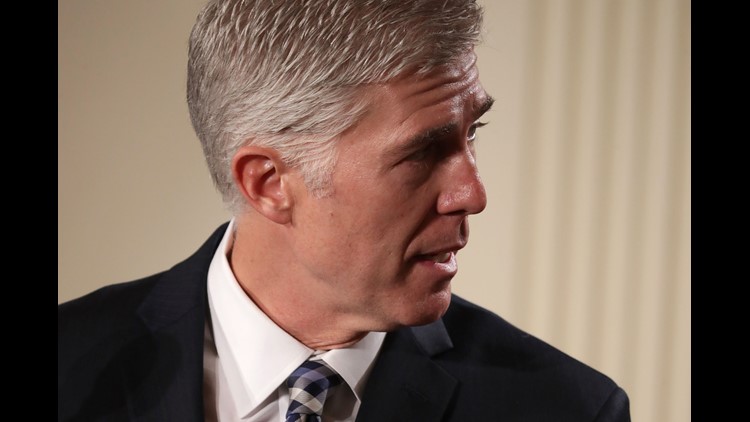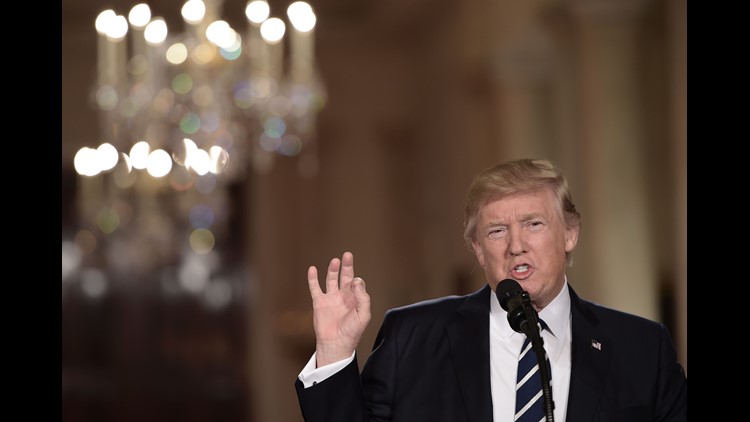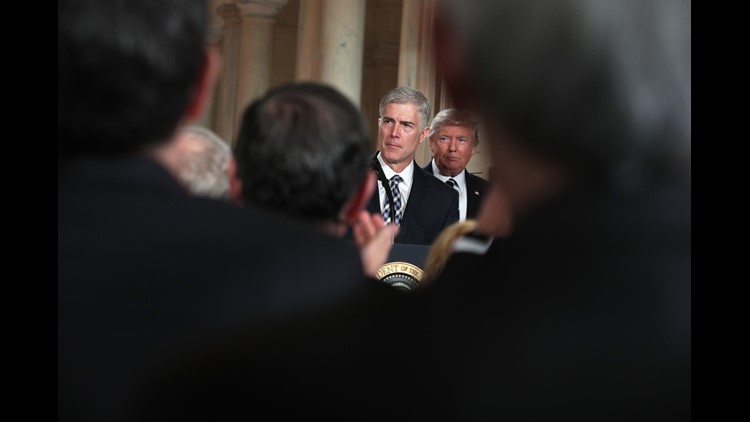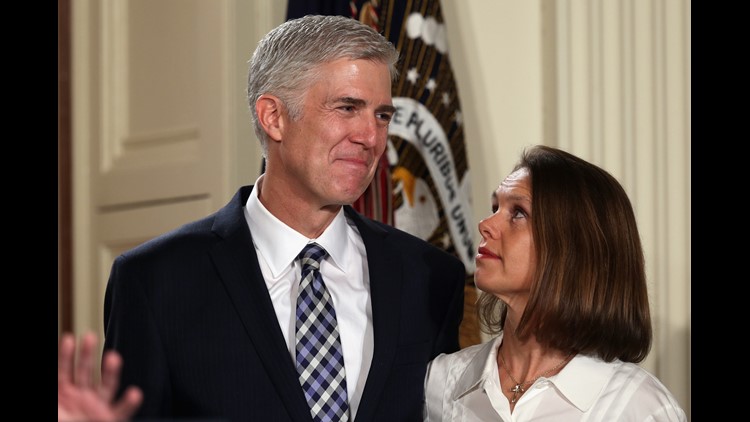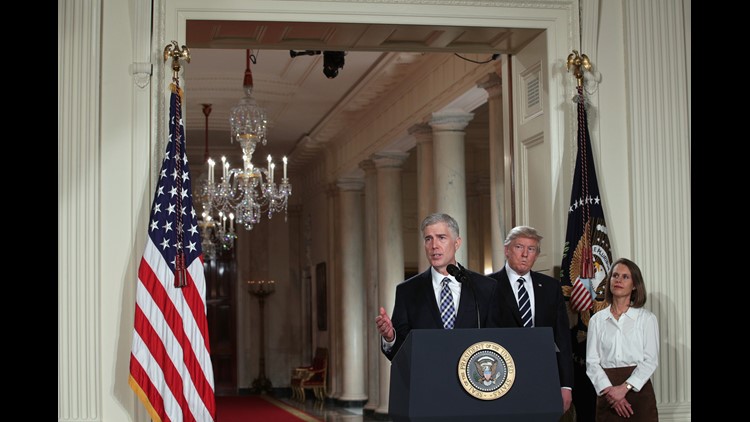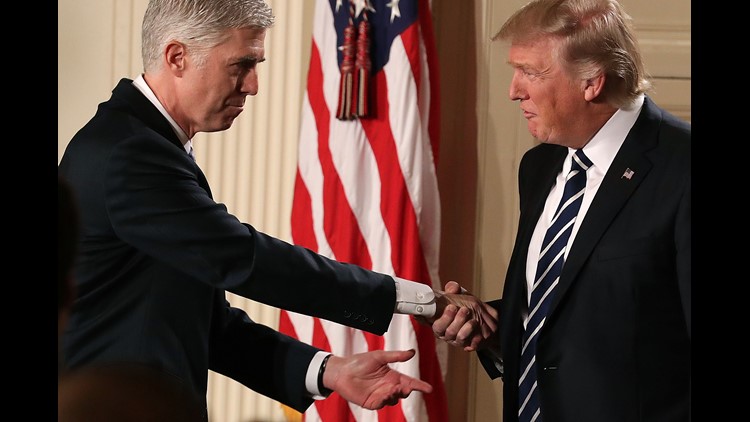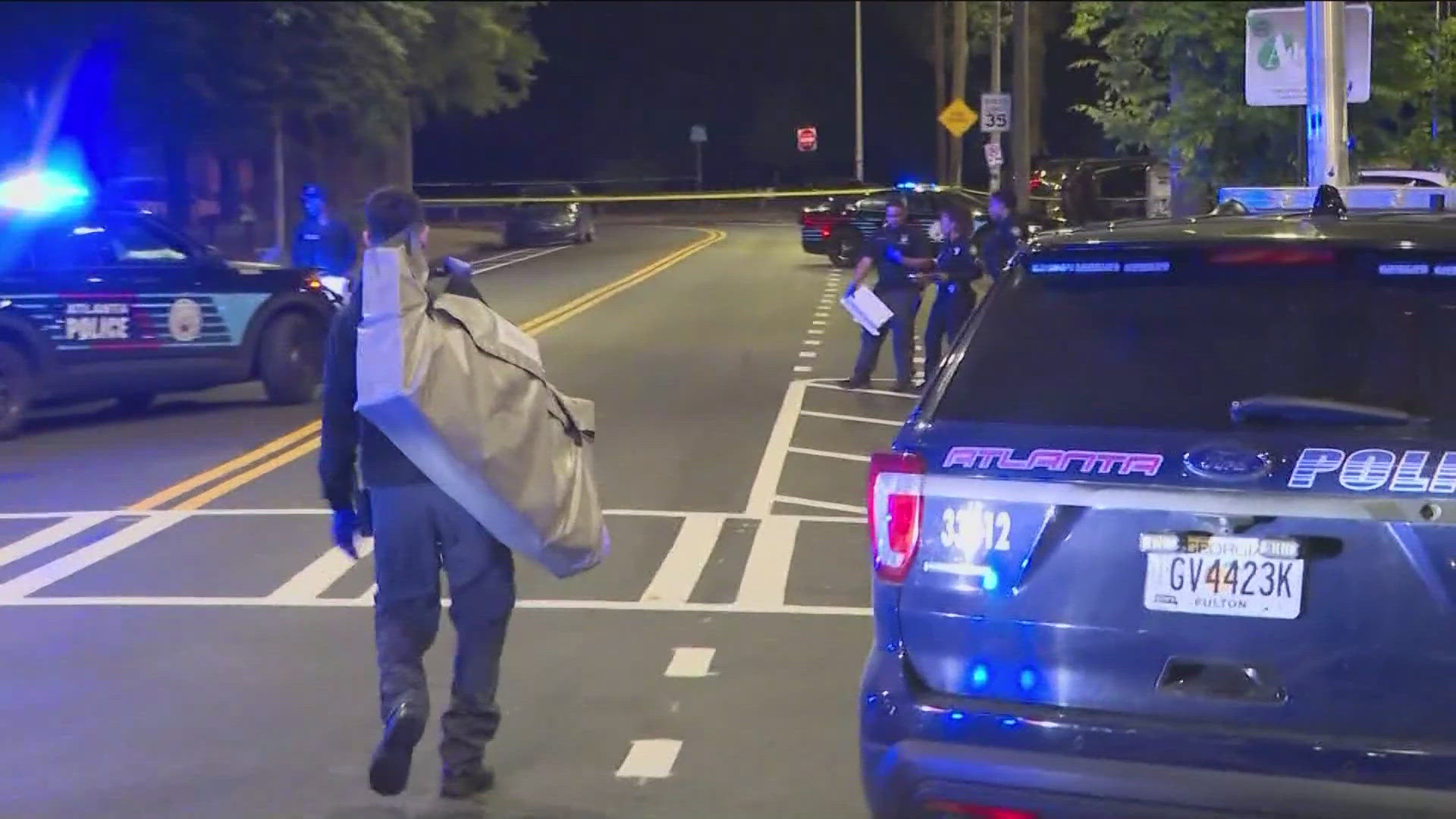WASHINGTON, DC — One of the most convoluted Supreme Court confirmation battles in history finally reaches the U.S. Senate Monday, 401 days after the death of legendary Justice Antonin Scalia left a vacancy that spanned two presidencies and spawned two nominees.
Federal appeals court Judge Neil Gorsuch, President Trump's choice to be the nation's 113th Supreme Court justice, faces several days of harsh questioning from Democrats still seething at the Republican-controlled Senate's refusal to consider President Barack Obama's equally qualified nominee last year.
The 49-year-old Coloradan, a devoted fan and occasional fishing buddy of Scalia, will seem an unlikely subject of attack. Dapper, folksy and impeccably qualified by way of Columbia, Harvard Law, Oxford and two Supreme Court clerkships, the 10-year veteran of the U.S. Court of Appeals for the 10th Circuit in Denver has charmed senators from both parties during 72 courtesy visits.
But his Jan. 31 nomination was destined for a fight because of what happened within hours of Scalia's sudden death at a Texas ranch on Feb. 13, 2016. Senate Republican leader Mitch McConnell vowed the seat would remain vacant through the presidential election, a promise he kept despite Obama's compromise nomination of Merrick Garland, 63, chief judge of the U.S. Court of Appeals for the District of Columbia Circuit and a relatively moderate jurist.
Gorsuch also is burdened by the president who chose him — one who promised to employ litmus tests on abortion and guns, who largely outsourced the initial nomination process to the conservative Federalist Society and Heritage Foundation, and who has attacked federal judges who ruled against him, both as a businessman and as president.
The Denver native, married with two daughters and a love of the outdoors, remains likely to win confirmation because of a procedural advantage. If he cannot win 60 votes needed to break an expected Democratic filibuster, Republicans can change Senate rules to eliminate the super-majority requirement for Supreme Court nominations, just as Democrats did in 2013 for lower courts and the executive branch.
PHOTOS: President Trump nominates Neil Gorsuch to U.S. Supreme Court
Still, this week's hearings will help determine whether Gorsuch skates through the Senate in early April after a winning performance or limps to the finish line after jousting with the committee's nine Democrats. Will he criticize Trump's attacks on the judicial branch or stick to his earlier, private assessment of "disheartening?" Will he stick by his purely literal interpretation of the Constitution and federal laws or indicate flexibility?
Perhaps most important, will he answer questions about his legal philosophy and his views on past precedents or follow what conservative supporters who oppose such frankness refer to as the "Ginsburg standard," after Justice Ruth Bader Ginsburg's insistence on offering "no forecasts, no hints" in her 1993 confirmation hearings.


